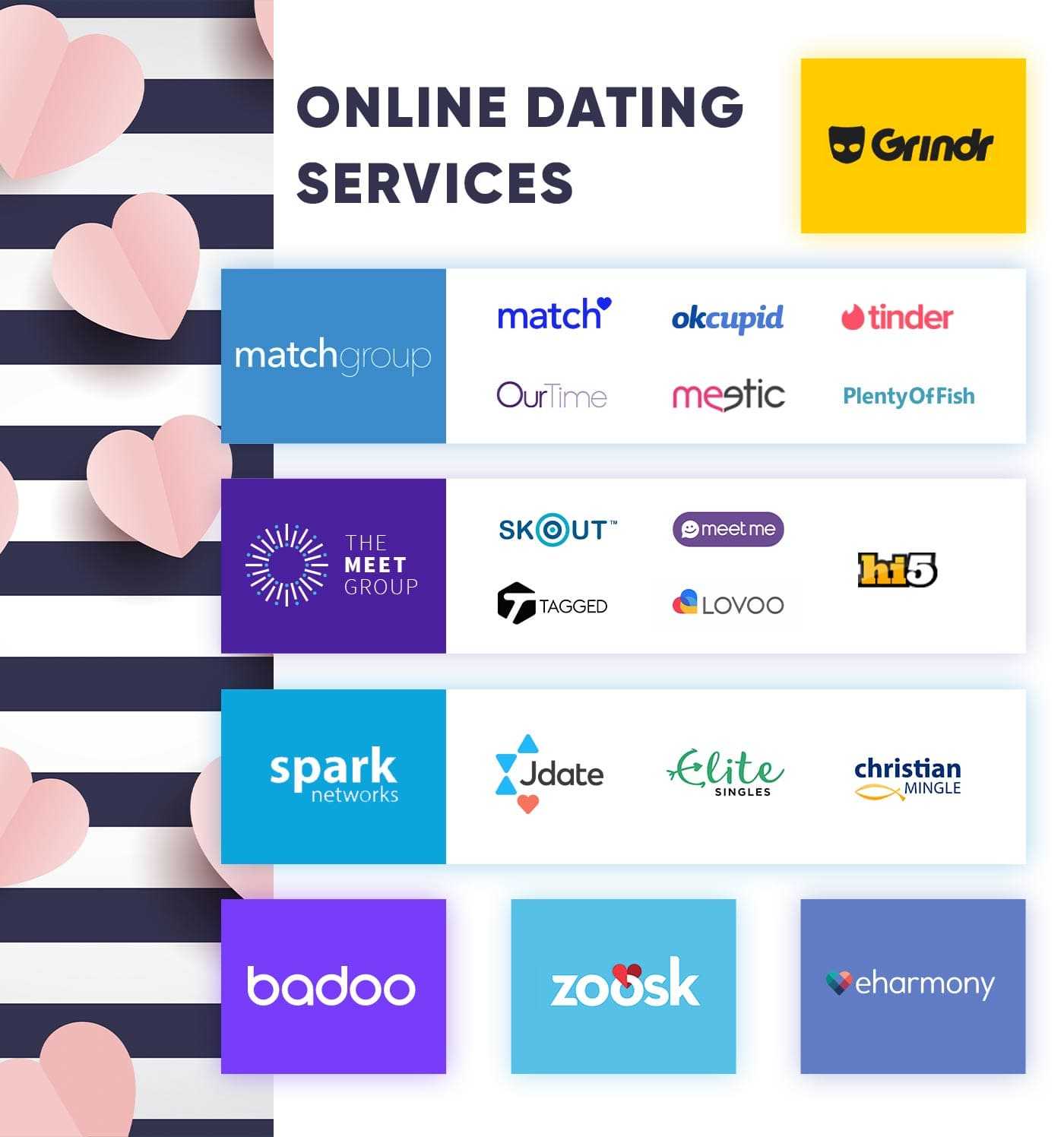

Read This Before You Call Someone 'Exotic'
This week on "Girl Code" they tackled the complicated topic of race and interracial dating. During the episode, Nessa brought up a very relevant concern: being called "exotic."

Nessa's got a point here. The word "exotic" is typically used to describe animals and plants -- not humans. A quick Google search of the word confirms this.

So why do people still refer to others as exotic? To better understand why this is a problem, let's take a look at Merriam-Webster's two-part definition of the word:
1. "Very different, strange, or unusual"
Before you call anyone exotic, mentally replace the word "exotic" with "very different, strange, or unusual." Does whatever you were about to say sound insanely rude now? Yea, it probably does.
2. "Not living or growing naturally in a particular area; from another part of the world"
This definition is for when exotic is specifically used to describe plants or animals, but people apply it to humans all the time. It's not OK to call someone exotic just because you can't figure out what their ethnicity is. It's not OK to assume that someone isn't from the U.S. just because they aren't white -- all of us have ancestors that were "from another part of the world" at some point in time. Calling someone exotic implies that they're an outsider, someone who doesn't belong here. Is that really what you meant to say? I don't think so.
When applied to people, exotic can be interpreted as a racial microaggression. What's that? Here's the definition from MTV's Look Different campaign against racial, gender and LGBT bias:
Racial microaggressions are brief and commonplace statements or actions that can be intentional or unintentional. They communicate slights and insults, and can have a harmful or unpleasant impact on the person experiencing them.
Related: These 7 Microaggressions Could Ruin Someone’s Day
The most important point here is that microaggressions don't have to be intentional. Take this Tinder guy, for example, who calls the girl he's messaging "exotic looking." He probably didn't mean to indirectly call her "very different, strange, or unusual" -- he was most likely just curious about her ethnicity.

However, "The message that [exotic] communicates to the recipient is, 'Hey, I think you're super hot and desirable because you don't really look like what your ethnicity would lead me to believe you should look like,'" Cristen Conger says in her following video for Stuff Mom Never Told You. Watch her explain more about why exotic is a microaggression -- including specific examples and stories from her audience -- below.
Don't get me wrong, though. Some people don't mind being called exotic. Maybe we're just being oversensitive. It's a controversial topic, after all, and now it's your turn to weigh in. Do you think it's acceptable to refer to someone as exotic? Take our poll below.
For more info and resources about racial bias, head over to MTV's LookDifferent.org.
And here's the full "Girl Code" episode on race, by the way:
Watch "Girl Code" Every Wednesday At 11/10c On MTV

-
-